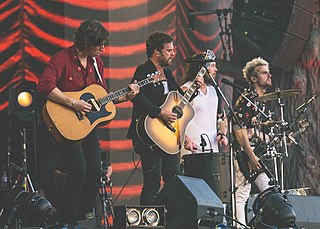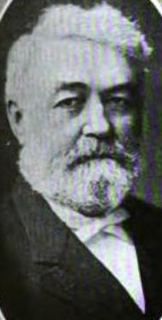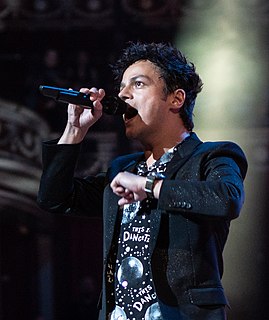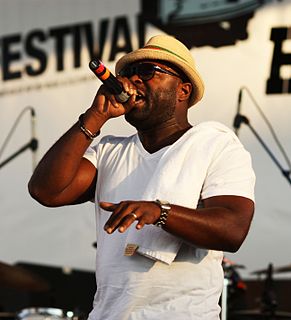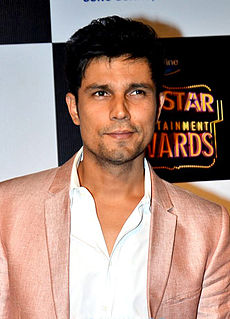A Quote by Francesca Hayward
I had to learn about how to use my voice as an instrument, like a muscle in my body when I dance. I had no idea how much you could do with your voice and how much you have to look after it.
Related Quotes
But I'm pretty lucky with my voice. When I first started touring I went to see a woman to give me some coaching on how not to lose my voice. And she was just saying really your voice is a muscle so if you're using it all the time you should actually come back from tour with a stronger voice than you left with. And that's really how I find it.
The first time we did it [voice-over], I was trying to use my face and my eyes more so and really portray that emotion, and that didn't matter. I realized you have to bring that emotion into the way you sound, and all those different layers have to be in your voice instead of the way you are wrinkling your eyebrows or whatever. I had to learn how to do that.
When you are writing a spoken word poem, the tools you're working with are your voice, your body, how it's going to sound to someone when you're saying it out loud. Which is different from when you're writing it on the page. That toolbox becomes how does this look visually on the page, how does this read among pages, how is this in relation to poems that are before it or after it. I don't think one is better or more successful than the other. You've just gotta think about "what are the tools I'm using, and how are they most effective in this form?"
You need to just understand where the ball is and how to use your body. Timing your jump the right way is crucial. Learn how to use your body to shield the receiver and box him out, again, much like a rebound. Trying to beat a receiver to a ball can be a lot like you're posting him up. Rebounding is great practice because you can employ those skills - body position, leverage, timing - a lot more than you might in a football game or practice if the quarterback doesn't look your way.
Being fit involves working on all aspects - your body, what you eat, and how you think. A sculpted body is not of much use if you're not there mentally. And similarly, if you're not eating well, it will affect your physical and mental set-up. After all, a six-pack might look good, but that's pretty much it!
People think I am unemotional because my voice is flat and a bit boring. It is unfortunate but it is just the way it is. I've tried to change it but it doesn't seem to make a difference. The truth is, I have lots of emotions inside. I cried after the semi-final at Wimbledon [2012] because I was proud to reach the final and I knew how much it meant to the country. I cried after the [losing] final [to Federer], too, for different reasons. I felt I had let people down. I think people warmed to that. They could see how much it hurt.




